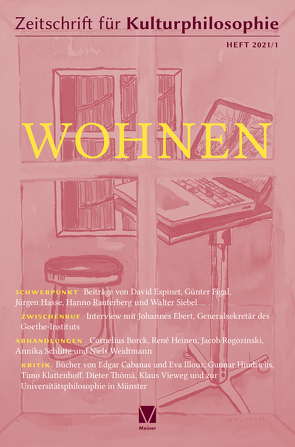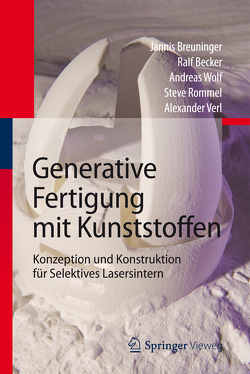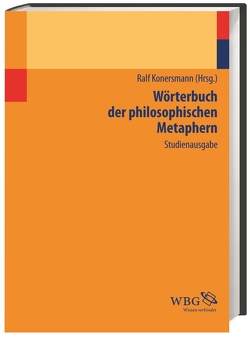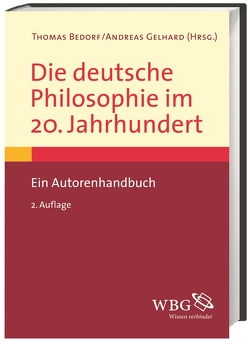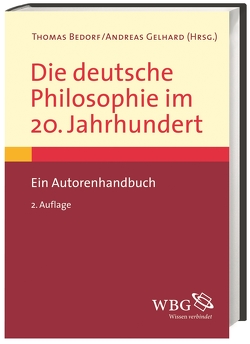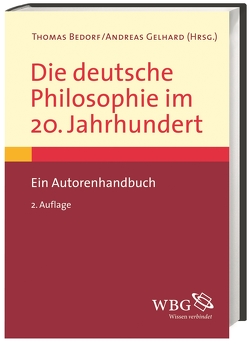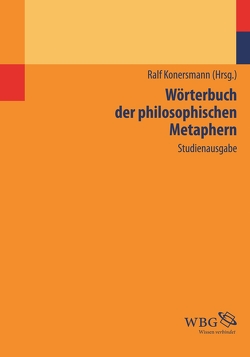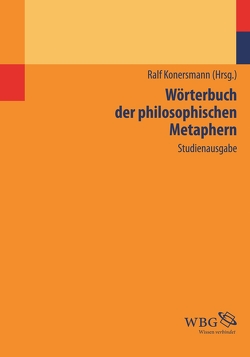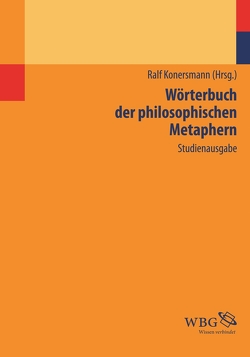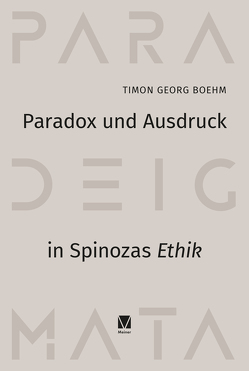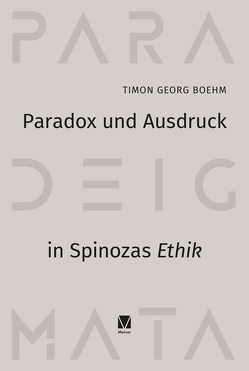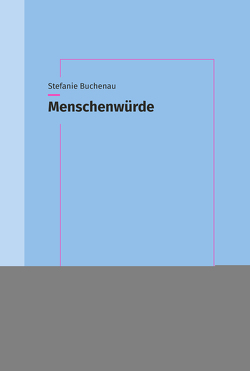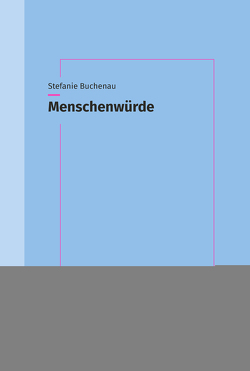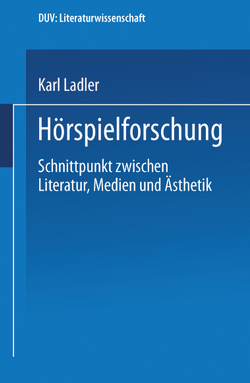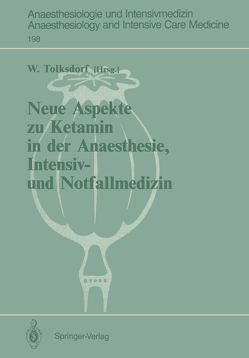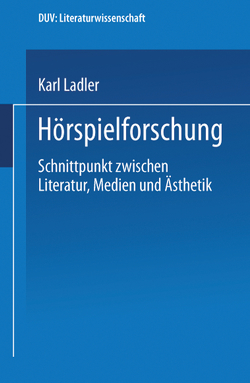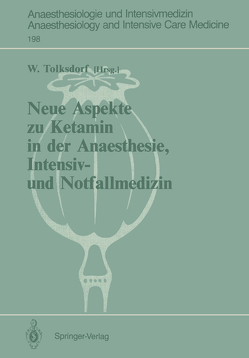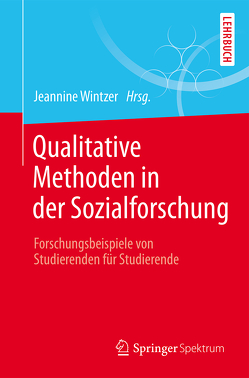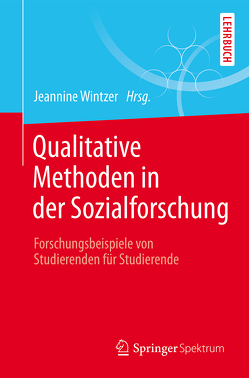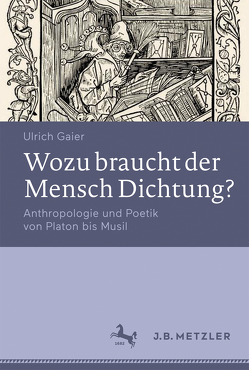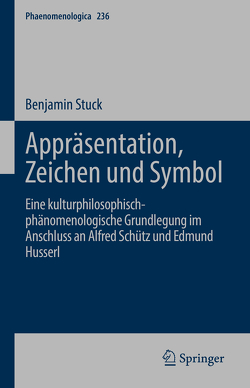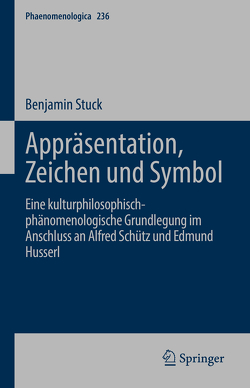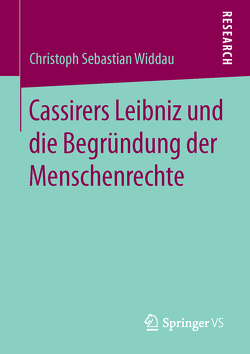Wohnen
Ralf Becker, Christian Bermes, Dirk Westerkamp
Abstracts
Becker, Ralf, Bermes, Christian, Westerkamp, Dirk: Editorial.
Rauterberg, Hanno: Rückzug ins Offene!. Wie das digitale Zeitalter neue Leitideen des Wohnens begünstigt und zugleich verstellt
The stronger the centrifugal forces of globalization become, the more people have to be on the move, the more uprooted they feel, the stronger the need for connection and encounter becomes. The desire for ›Heimat‹ is growing. But the digital transformation, which permeates all spheres of society and makes unexpected alliances possible, has little impact on housing, of all things. It favors new living desires that break away from old ideas of order and security and promote hybrid forms of behavior and life. At the same time, the constraints of a capital-driven housing industry are intensifying and rarely correspond to the otherwise common demand-driven goals and purposes of the capitalist economic order. While the digital mode of production and distribution aims for the greatest possible diversification and thus corresponds to the ideal of changeability, the housing market proves to be structurally conservative and usually only finds outdated answers to new demands—with the consequence that a ›right living in the wrong life‹ appears affordable for only a select few.
Siebel, Walter: Soziologie des Wohnens.
Sociology has a subject matter that is constantly changing. That is why it has to keep reformulating its theories and categories. One example is the profound change of housing during the course of industrial urbanization. This change is described as a change from the whole household (O. Brunner) to housing as part of the modern way of living based on the functional, social, socio-psychological, and economic dimensions of living. In connection with this change, the two basic aspects of the housing question are discussed: What defines a human habitat and why are new housing problems constantly emerging?
Hasse, Jürgen: Wohnen als Ausdruckssituation des Lebens. Auf dem Weg zu einer Ethik des Wohnens
Dwelling is understood in the sense of Martin Heidegger: »Dwelling is the manner in which mortals are on the earth.« The way in which people are living on earth situates them in their dwelling. Because dwelling is not an activity, but a mode of being, an ethics of dwelling is required because »habitability« of the earth is limited. This demands a sustainable way of life. Responsible housing therefore needs a structural pause in the growth-focussed process of civilisation. As a result, dwelling becomes a reason for a critical reflection on life and this becomes an existential piece of thinking about dwelling.
Espinet, David: Tische, Stühle und andere Gedichte. Zur Poetik des Designs als Ethik des Wohnens
In my paper, I interpret Hölderlin’s »poetic dwelling« in the sense of a contribution to the philosophy of design, i.e. a theory of beautiful yet functional artifacts. The interpretation aims at an ethics of aesthetics in which what I call ›poetry of design‹ is considered as a constitutive element for human autonomy in a world crammed with artifacts: good design is presented as morally good in the way that it does not interfere with self-determination, but instead promotes it because good design is beautiful.
Figal, Günter: Wohnbilder. Bewohnbare Architektur und Photographie
In this essay, I wish to elucidate the specific function architectural photography has for the experience of buildings. With photographs, the image character of buildings can be discovered and represented, and thereby the nature of habitation can be revealed as well. Taking or contemplating pictures of habitable rooms one could learn that habitation is primarily perceptional—a character mostly concealed by the dominance of everyday practice. In order to give an impression of the manifold possibilities architectural photography holds, I discuss the work of five quite different photographic artists, namely Julius Shulman, Yutaka Saito, Candida Höfer, Cy Twombly, and Yasuhiro Ishimoto.
Ebert, Johannes: »Man ist am Abend porös.« (Interview mit Johannes Ebert). Über digitale und physische Begegnungen und Kultur in Zeiten der Pandemie
Die ZKph im Gespräch mit Johannes Ebert, Generalsekretär des Goethe-Instituts.
Borck, Cornelius: Die Epistemologie von Forschungsumwelten. Zum Kasseler Projekt einer Philosophie der Tierforschung
Heinen, René: »Vergebliche Courage«?. Über Adornos versteckte Anthropologie und Ethik
Rogozinski, Jacob: Noli me tangere. Eine Erfahrung der Reversibilität in Zeiten der Pandemie
Schlitte, Annika: »A different sense of nature«. Ästhetische Perspektiven auf Natur-Kultur-Verhältnisse
Weidtmann, Niels: Die interkulturelle Dimension des Menschen.
Kritik.
Benjamin Bedersdorfer: Don’t criticise, be happy? Demontage einer Pseudowissenschaft (Edgar Cabanas/Eva Illouz: Das Glücksdiktat)Christian J. Emden »Geld ist die reinste Form des Werkzeugs«. Kulturphilosophie und Finanzialisierung in der Moderne (Timo Klattenhoff: Geld – Eine symbolische Form. Perspektiven mit Ernst Cassirer und Georg Simmel)
Christian Krijnen: Denken der Freiheit (Klaus Vieweg: Hegel. Der Philosoph der Freiheit. Biographie) Ursula Reitemeyer: Kontinuitäten und Brüche. Anmerkungen zum Strukturwandel des philosophischen Seminars in Münster (Reinold Schmücker / Johannes Müller-Salo (Hrsg.): Pietät und Weltbezug. Universitätsphilosophie in Münster)
Jennifer Stevens: Sinn und Unsinn der kritischen Theorie. Annäherung an ein Oxymoron (Gunnar Hindrichs: Zur kritischen Theorie)
Hartmut von Sass: Zwischen Genie und Apostel. Dieter Thomä und die Demokratisierung des Helden (Dieter Thomä: Warum Demokratien Helden brauchen. Plädoyer für einen zeitgemäßen Heroismus)
